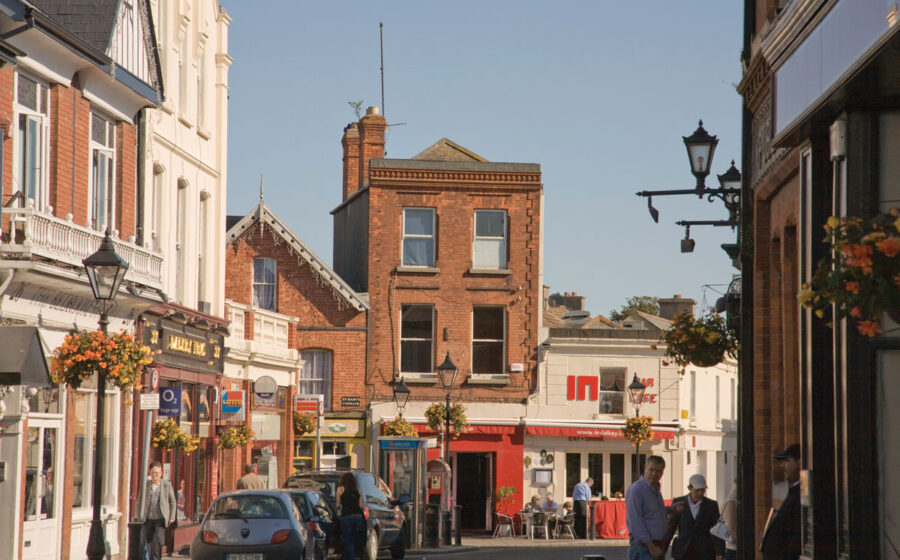[I]t was announced in March of this year that Caffe Nèro, a London-based specialty coffee chain focused on Italian preparation, would invest €20 million in Ireland over five years, opening forty new stores, creating hundreds of new jobs, and introducing specialty coffee in a casual setting across Ireland.
By July, Caffe Nèro’s second Irish location, proposed for a protected building on Castle Street in Dalkey, a seaside suburb south of Dublin, was being boycotted by local residents.
Across Ireland more and more third wave shops—independent ones—are bringing coffee geekery to welcoming countrymen.
Opponents saw the café as a threat to the township’s heritage, character, and independent, family-run commerce. When a Starbucks opened in Dalkey in 2008, residents refused to visit the shop, and it shuttered in just over a year. This isn’t a sign of animus toward coffee. Across Ireland more and more third wave shops—independent ones—are bringing coffee geekery to welcoming countrymen.
Ireland’s specialty coffee culture has grown rapidly in recent years, helped along by the work of the Irish chapter of the Specialty Coffee Association of Europe, as well as Irish engagement in the World Barista Championship, and world-renowned, bellwether roaster Third Floor Espresso, owned by four-time Irish barista champion Colin Harmon. But while Starbucks may have a stronghold there, the country hasn’t bent over double to meet an insatiable demand for more coffee, and the current focus seems to be quality and those businesses that are Irish-born and individualistic.
The Dublin Coffee & Tea Festival, which held its inaugural event this month, seeks to bridge the gap between those who enjoy specialty coffee and those afraid of the hegemonic business that companies like Starbucks could bring to Ireland’s changing coffee culture. With a new competition showcasing the “home barista” and other consumer-friendly events, like The Food Village and a SCAE-sponsored Brew School, the festival was just as much for everyday coffee drinkers as it is industry professionals.
Brock Lewin of Cork’s Dodo & Badger Coffee Roasters says the exposure the festival could bring for Irish specialty coffee is still sorely needed. “I don’t think that we will ever be able to push awareness about these things far and hard enough,” he says.
Brock moved to Ireland from Melbourne in 2008, and in the years since has seen a shift in acceptance, though Ireland struggles to carve its own scene inside a greater European coffee culture. “[In 2008,] there were aspects of coffee that the public just weren’t ready for here—for instance, a six-ounce long black or flat white,” says Brock. “For us [the festival] is about finding our own identity as a coffee consuming nation.”
The 2016 World Barista Championship will also take place in Ireland. In the meantime, more roasters will undoubtedly populate the landscape, so that by the time the WBC rolls into town, Ireland will have further grown into its new love for coffee prepared right, by locals.
—Regan Crisp is Fresh Cup’s associate editor.
















